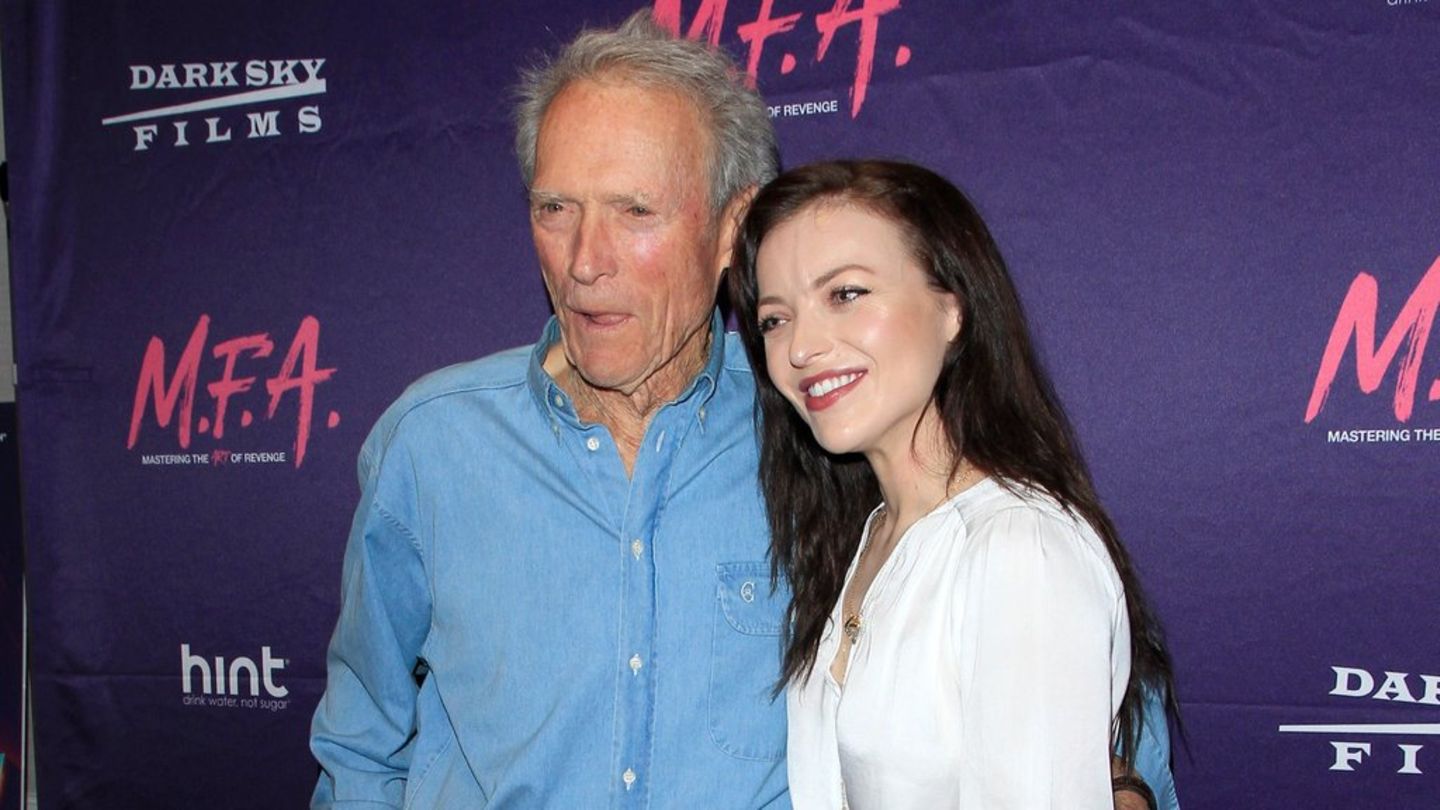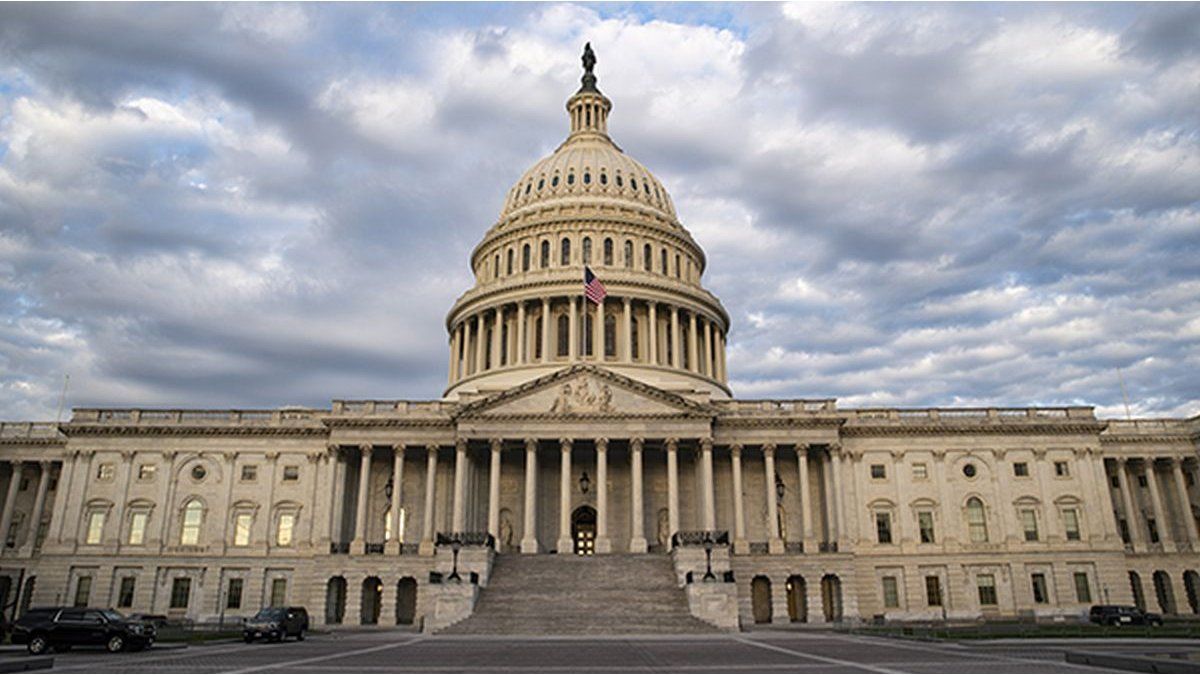The decisions were welcomed by EU Minister Karoline Edtstadler (ÖVP) and the EU MPs from ÖVP, SPÖ and NEOS, but criticism came from the FPÖ.
On the one hand, the resolutions are about putting a better stop to social problems such as hate speech or other illegal content on the Internet with the Digital Services Act (DSA). On the other hand, the Digital Markets Act (DMA) is intended to limit the market power of Internet giants and ensure fairer competition, as well as give consumers more freedom of choice when it comes to online offers.
“From the Digital Middle Ages to the 21st Century”
Negotiators from parliament and EU states had previously agreed on the laws, and now parliament has formally confirmed them. The permanent representatives of the EU countries in Brussels have also approved the laws, now they only have to be approved at ministerial level. This is considered a formality.
“With the EU Parliament’s approval of the DMA and DSA, we are bringing the valid EU rules from the digital Middle Ages into the 21st century,” emphasized Edtstadler. In a statement sent to the APA, she pointed out that Austria had had a corresponding regulation since the previous year “and was thus the pacemaker for a European regulation”.
The DSA ascribes more responsibility to platforms and is intended to ensure that certain content disappears from the Internet more quickly. Examples are terror propaganda, hate speech or the sale of counterfeit goods. The law is part of a digital pact that also includes the DMA. It prohibits big tech companies from merging data from different sources without explicit user consent. Large messenger services such as WhatsApp and iMessage will also have to open up to receiving messages from other applications in the future.
“Milestones to clean up the internet”
The project was praised across party lines. The German Green MEP Rasmus Andresen called the DMA “one of the most important laws” that was passed in the current legislative period”. “The DSA and DMA are a milestone in cleaning up the Internet and fighting digital monopolies,” said the left-wing MP Martin Schirdewan, whose FDP colleague Svenja Hahn emphasized that successes had also been achieved for civil rights.Social Democrats and Christian Democrats also praised the laws.
“We are making the Internet fairer, cleaner and safer for our European consumers and companies,” emphasized ÖVP MEP Barbara Thaler. She underlined that the new rules are subject to high penalties of up to 20 percent of the worldwide annual turnover of the companies concerned. Your SPÖ colleague Andreas Schieder said that the EU was a “global pioneer” as before with the data protection rules and set standards “that many will use as a guide in the future”.
FPÖ criticizes “censorship regulations”
Specifically, he emphasized the ban on harmful advertising practices such as targeting minors. NEOS mandatary Claudia Gamon was pleased that the EU with the new Basic Law “puts the citizens at the center of digitization”. In the future, everyone should have the opportunity to refuse the collection of data for personal advertising.
The FPÖ MEP Roman Haider, on the other hand, expressed criticism. He described the measures against hate speech and disinformation as “censorship regulations” and fears that platform operators will now “in case of doubt delete critical opinions” “so as not to come into conflict with this regulation”. Unfortunately, these regulations overshadow the positive aspects of the DSA, according to Haider.
Source: Nachrichten




